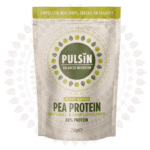

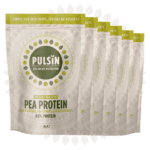
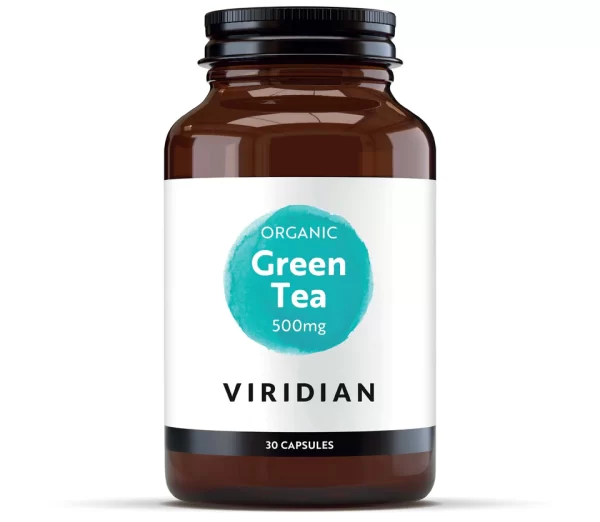
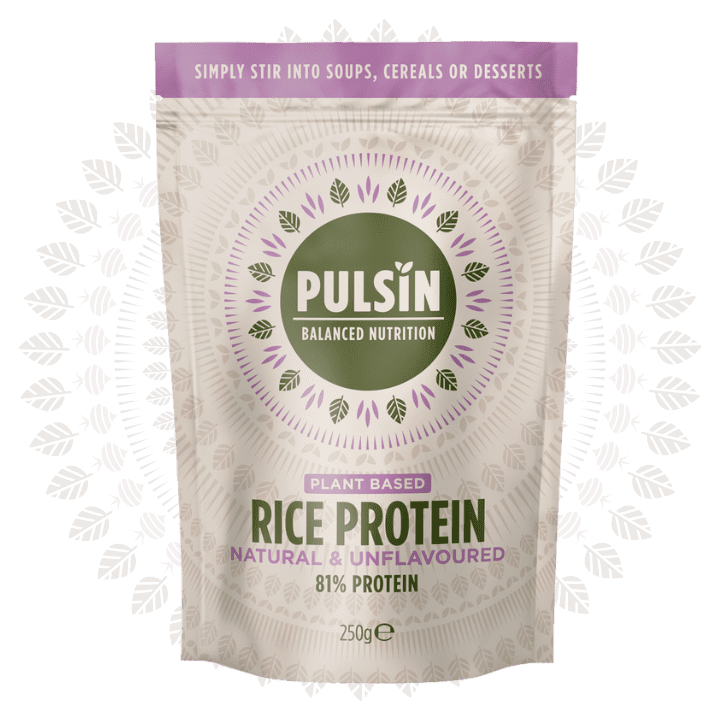
Pulsin Pea Protein 250g
£9.99 Original price was: £9.99.£8.09Current price is: £8.09.
Pea Protein
Pulsin Pea protein is derived from yellow peas and has become increasingly popular as a plant-based protein source. It offers several potential health benefits:
1. **High-Quality Protein:** Pea protein is a complete protein, meaning it contains all nine essential amino acids that the body cannot produce on its own.
It is particularly rich in branched-chain amino acids (BCAAs), such as leucine, isoleucine, and valine, which are important for muscle protein synthesis and repair.
2. **Muscle Growth and Repair:** The amino acids in pea protein, especially leucine, stimulate muscle protein synthesis, making it beneficial for muscle growth, repair, and recovery after exercise.
Consuming p protein post-workout can help support muscle recovery and promote muscle strength and endurance.
3. **Weight Management:** P protein is low in calories and fat while being high in protein and fiber, making it a satiating option for those looking to manage their weight.
Protein and fiber help increase feelings of fullness and reduce appetite, which may aid in weight loss or weight maintenance by preventing overeating.
4. **Digestive Health:** P protein contains dietary fiber, which supports digestive health by promoting regular bowel movements, preventing constipation, and nourishing beneficial gut bacteria.
The fiber in p protein can also help stabilize blood sugar levels and improve insulin sensitivity.
5. **Heart Health:** Pea-protein (huel uk) is cholesterol-free and low in saturated fat, making it heart-healthy compared to animal-based protein sources.
Regular consumption of pea protein may help lower LDL (bad) cholesterol levels and reduce the risk of cardiovascular diseases such as heart disease and stroke.
6. **Blood Sugar Control:** Pea protein has a low glycemic index, meaning it does not cause a rapid increase in blood sugar levels after consumption.
This makes it suitable for individuals with diabetes or those looking to manage blood sugar levels.
7. **Allergen-Friendly:** P-protein is naturally free from common allergens such as dairy, gluten, soy, and nuts, making it an excellent alternative for individuals with food allergies or intolerances.
It is also suitable for vegetarians, vegans, and those following a plant-based diet.
8. **Environmental Sustainability:** Peas require less water and resources to grow compared to animal-based protein sources like beef or dairy.
Choosing pea protein over animal protein can help reduce the environmental impact of food production and support sustainable food systems.
9. **Versatility:** P protein powder is versatile and can be easily incorporated into a variety of recipes and beverages, including smoothies, protein shakes, baked goods, soups, and sauces.
It provides a convenient way to boost protein intake and meet daily nutritional needs.
Overall, p protein offers numerous health benefits and is a valuable addition to a balanced diet, especially for individuals seeking a plant-based protein source that is nutritious, sustainable, and allergen-friendly.
As with any dietary supplement, it’s essential to choose high-quality p-protein products and consume them as part of a varied and balanced diet.

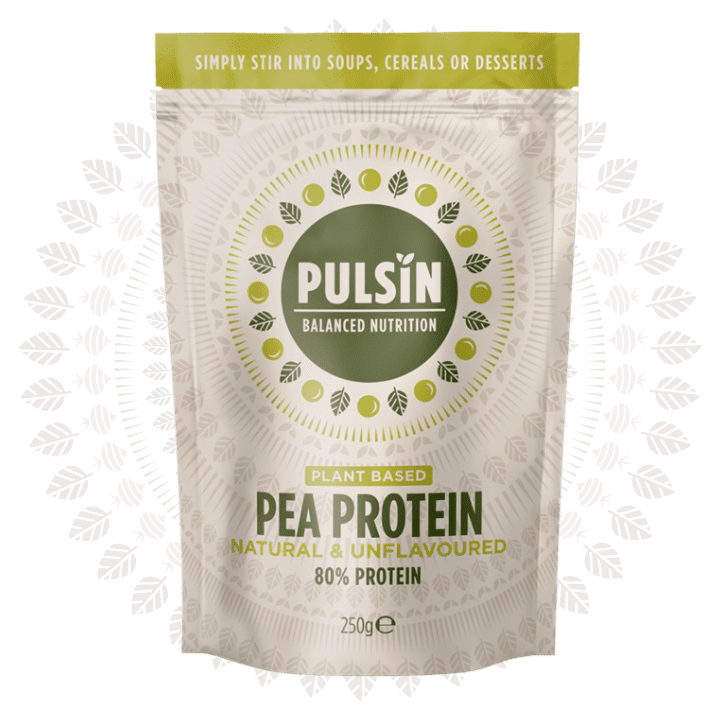
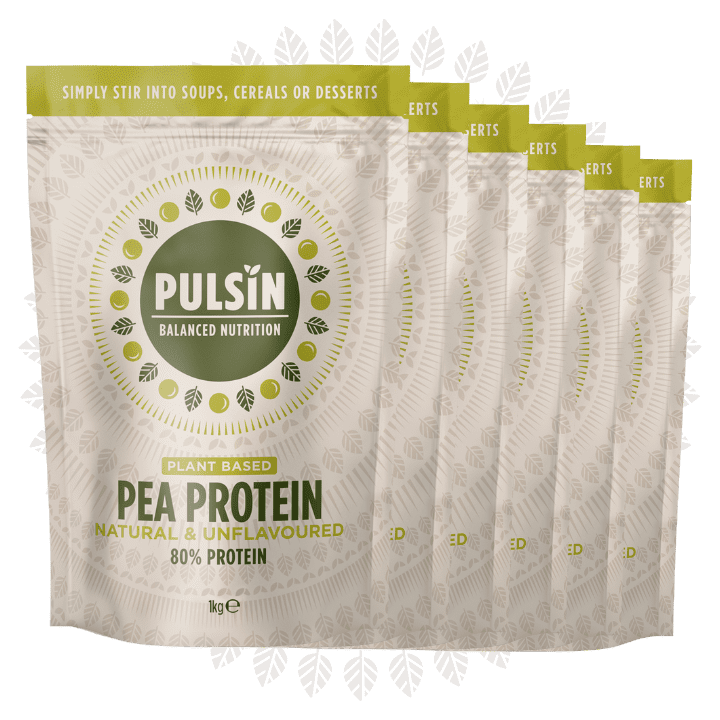
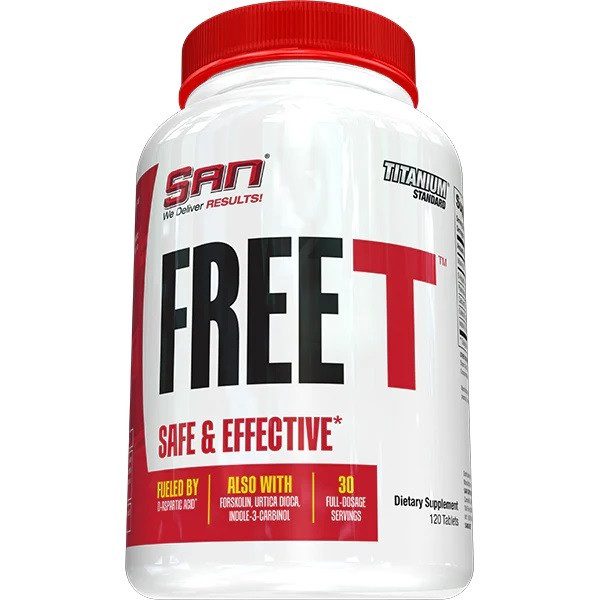
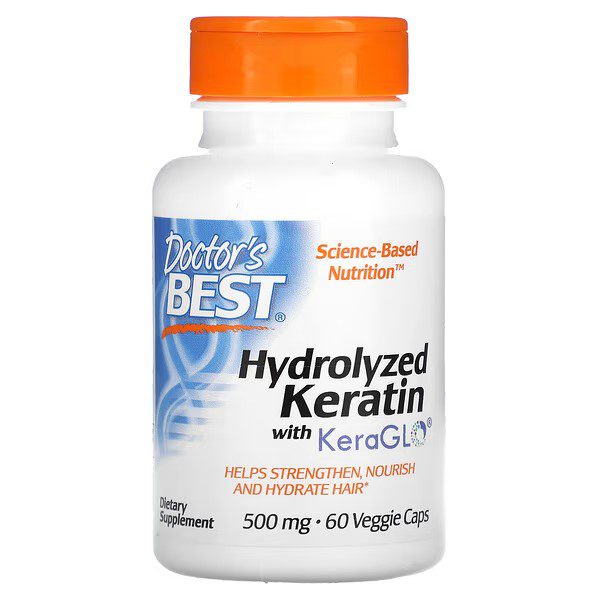
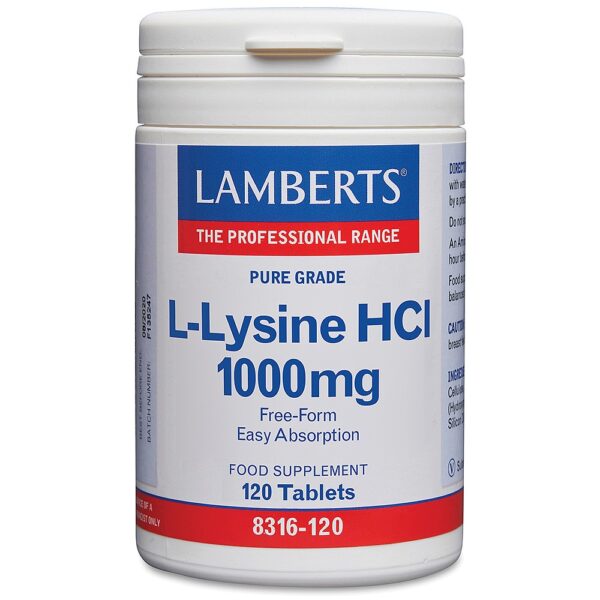
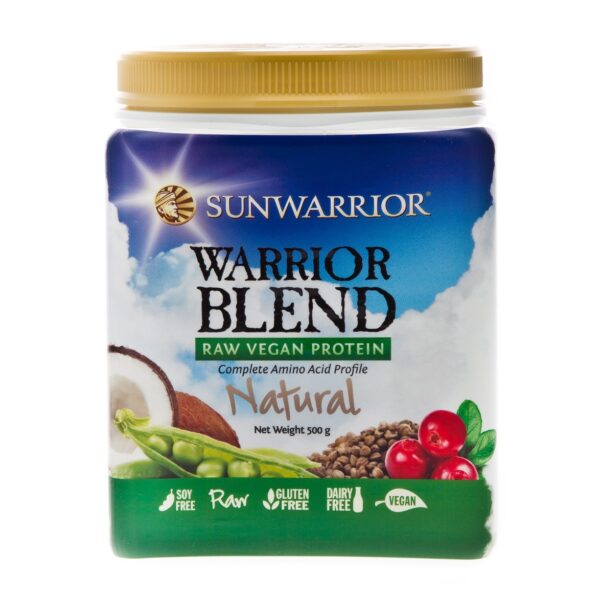
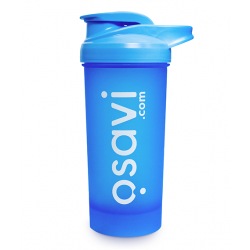
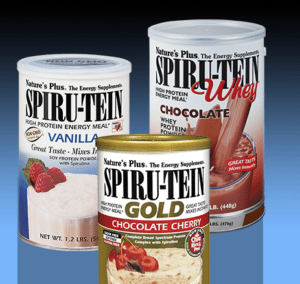
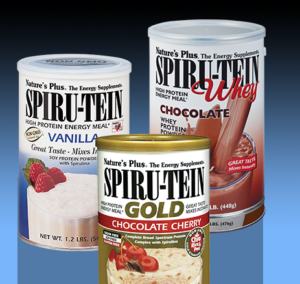
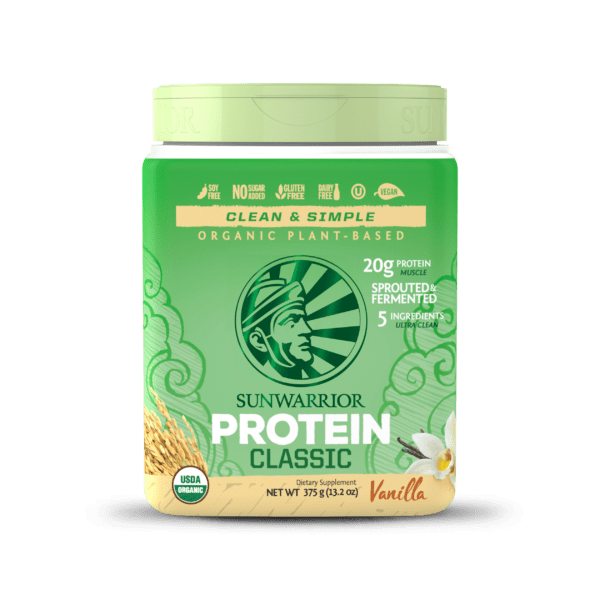




Reviews
There are no reviews yet.